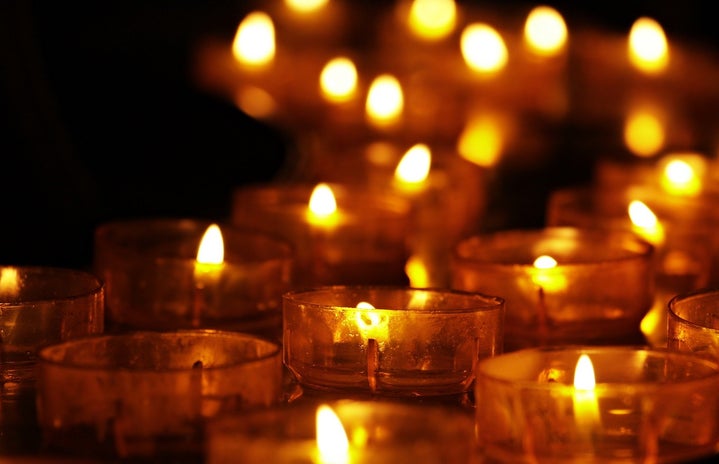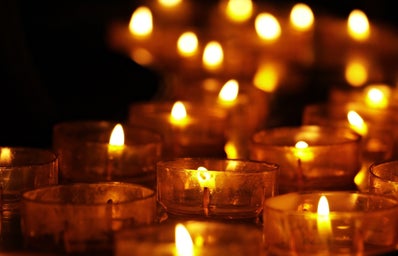Sarah did the ‘right’ thing. She covered up. Wore shoes she could run in. Rang her boyfriend. Walked on lit streets. Despite all of this, Sarah never made it home. A week after her disappearance on the third of March, the Metropolitan Police confirmed that they had found her body in a woodland in Ashford. Wayne Couzens, a 48-year-old police officer, has been arrested on suspicion of her murder.
Sarah’s death has elicited extensive discussion about male violence towards women and has amplified wider structural issues at play. After Sarah’s disappearance, police advised women in South London, “not to go out alone,” whilst others criticised Sarah for walking home alone in the dark. This has sparked outrage, and exposed the systemic misogyny and victim blaming in society. The endemic sexual violence towards women and girls means they are consistently cautious and self-policing in their behaviour. Walking home with your keys between your fingers is not paranoia, it is a realistic fear.
In order to facilitate change in this area, the narrative must be reframed. This is not an issue of women’s safety, it is an issue of male violence. The perpetrators must be the ones to change their conduct, not the victims.
As peers debated domestic abuse legislation in the House of Lords, Baroness Jones suggested the creation of, “a curfew for men on the streets after 6pm,” to, “make women feel a lot safer.” This proposal faced heated backlash, with Nigel Farage deeming it, “deranged,” and the hashtag #NotAllMen trending on twitter. Yet, when police told women to stay home for their safety, no such backlash occurred.
Furthermore, the implied curfew that women are subjected to everyday seems to elicit far less controversy than a merely theoretical one. The phrase ‘not all men’ is an effective tool at derailing the conversation around male violence and labelling women’s safety concerns as irrational. It is obvious that not all men commit sexual assault, but it is enough men that 97% of women have suffered sexual assault. It is enough men to make this a social problem, not a personal one.
The response to Sarah’s death has manifested in the Reclaim These Streets vigils, held to honour women who have suffered at the hands of male violence. The vigils were planned to take place all across the country, including College Green in Bristol and Clapham Common, the site where Sarah went missing. The day before the proposed vigils, the Metropolitan Police declared they would be unlawful due to Covid-19 regulations and that the organisers could face hefty fines and criminal prosecutions.
Despite this official cancellation, hundreds of women assembled in solidarity at Clapham Common on Saturday the 14th March, exercising their right to protest. The peaceful mourners were confronted with violent, excessive force as police tried to disperse the gathering. The aftermath of this has been a ‘chorus of condemnation’ towards the police, with their response to the vigil being described as, “neither appropriate nor proportionate,” by Sadiq Khan. Many have noted the twisted irony in police officers trampling the tributes to a woman murdered by a police officer.
Passivity in this area will cost many more lives just like Sarah’s, and thus her death needs to be a turning point, signposting a mass change in both attitudes and the law. Women walking home in fear can no longer be normalised and ignored.
“Rest in peace Sarah Everard. May Heaven be the safe place where you walk freely and without fear, as you should have been able to do down here.”



